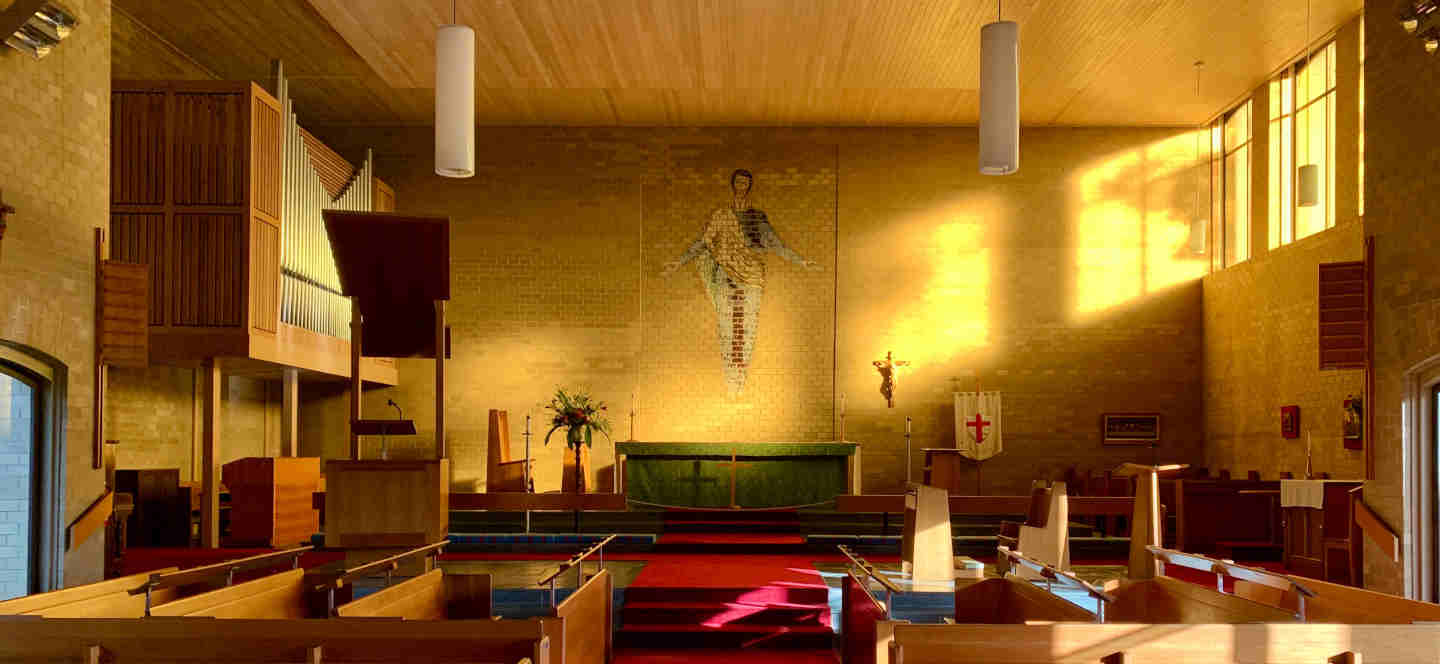The Anglican Diocese of Melbourne will set up an independent body to investigate sexual abuse complaints, based on a company structure with its own board of directors.
The move is included in new sexual abuse Church legislation aimed at improving transparency, independence and avenues of redress for victims, partly in response to the Royal Commission and the 2013 Victorian Parliamentary Inquiry.
The Church’s synod – more than 600 clergy and laypeople – meeting at St Paul’s Cathedral in Melbourne voted to approve the new legislation. The new complaint body is separate from the diocese and the Archbishop, and can work across any number of dioceses.
Urging the synod to adopt the protocols, Melbourne registrar Ken Spackman said: “There’s a need to act, and there’s a need to act now because we know enough to know what we should be doing.”
Mr Spackman said Royal Commission chairman Peter McClellan had spoken twice to meetings of Anglican bishops and “dismissed the difficulties that we have”.
“He has come back to ‘You have the ability to act if you wish, and you should wish’, and we do wish and this is why we are before you tonight.”
The Chancellor, Michael Shand QC, said the bill had seen 21 published versions since preparation began in 2014, and the final version could serve as a model for other dioceses. Legally binding on all church members in the diocese, the bill “mandates a caring and transparent process, one with compassion, integrity, clarity and respect for all involved”.
He said each of the five Victorian Anglican dioceses had incorporated, which meant for each diocese there was a body legally accountable for abuse, and each had conducted independent audits of abuse cases.
He said several Royal Commission hearings heard “horrific evidence of persistent child abuse by (Anglican) clergy and others” that caused incalculable damage to survivors and their families, and called into question the conduct of diocesan bishops at the time.
Mr Shand said the abuse had diminished the church in the eyes of the community and some of its members, had betrayed faithful Christians, and damaged the credibility of the Christian message.
The bill has now been adopted by Melbourne and Bendigo, with Wangaratta, Ballarat and Gippsland dioceses due to consider it next year.
